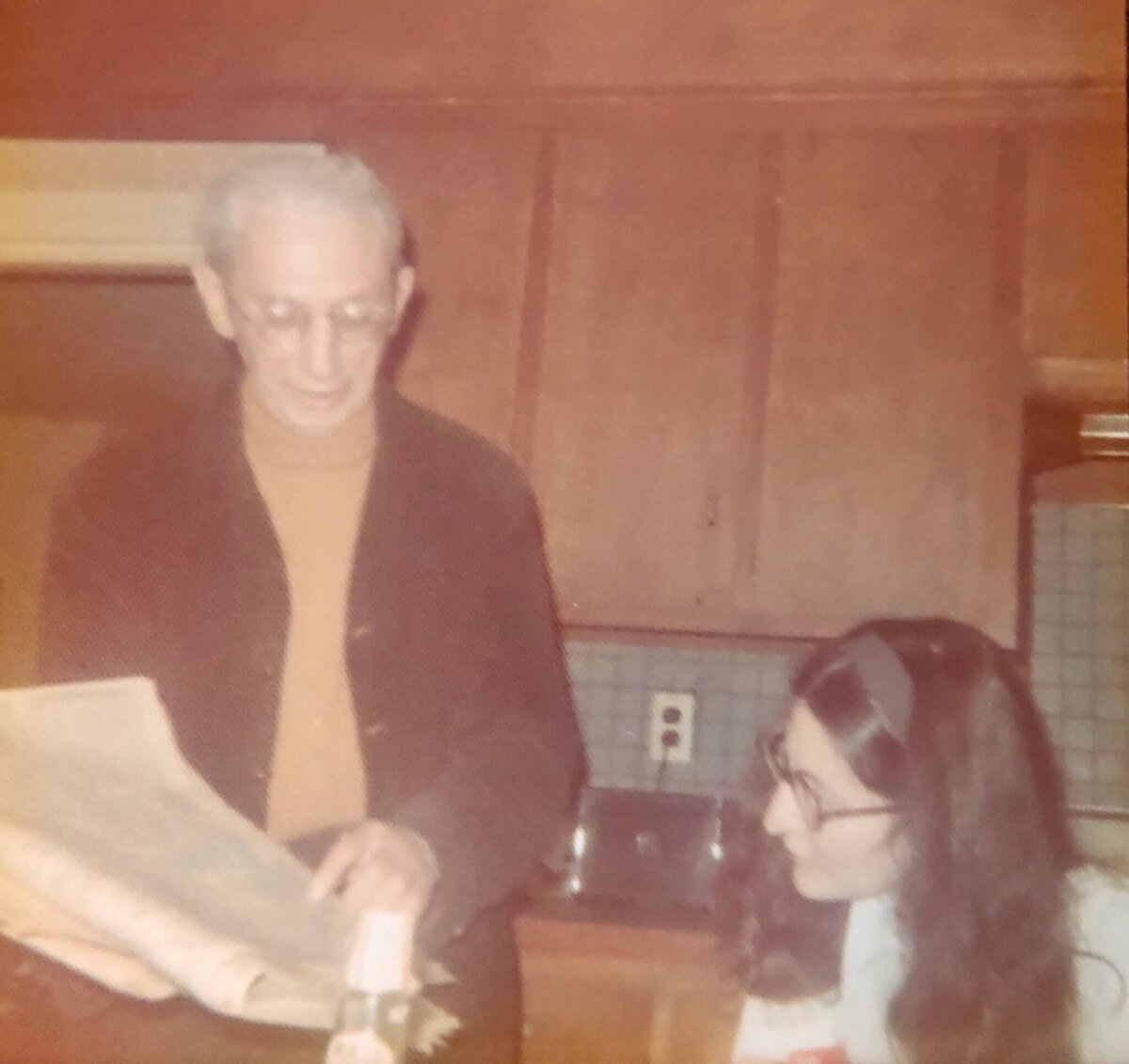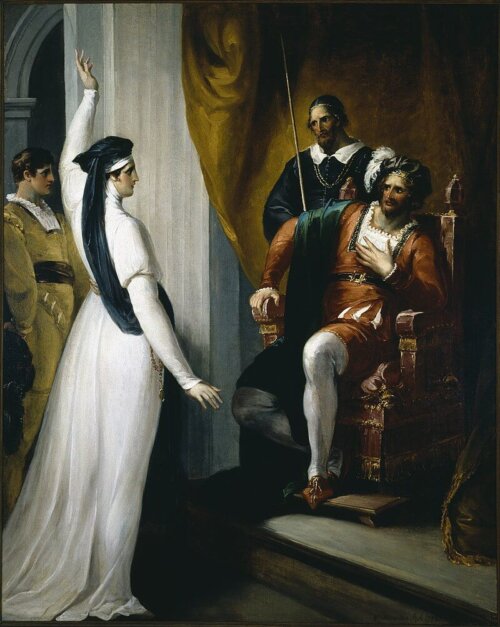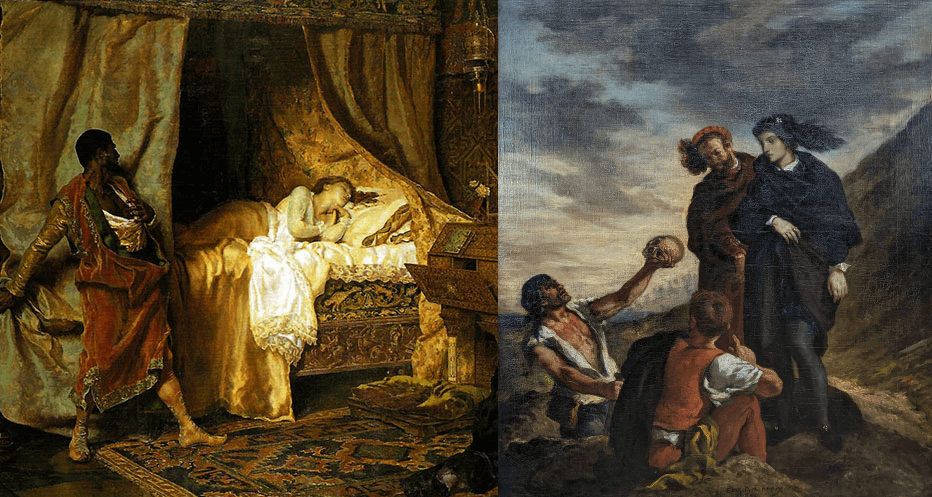Closure

Whatever the world understands by “closure” – peace of mind after mental storms, acceptance after bitter loss, resetting of purposes after frustration, a body to bring home for burial after a shattering search – I mean something different and quite specific by that word.
I see the lives we live as story-like. Nowadays many people would claim to agree with me. However, the “stories” that I have in mind are not embroidered, artificially dramatized, or “creatively” invented. Instead, in my view, we are living true stories whose meanings it is our business to discover. The narratives of our lives unfold chronologically and, to find their meanings, we need to keep the “before” and “after” distinct and the original purposes clear. That way, later modifications can be seen in terms of what they modified and why they did so.
Take Meriwether Lewis and William Clark, for example. They set out from St. Louis, hoping to travel from the Missouri river to the Pacific Ocean by an unbroken water route. It turned out that there was no such Northwest Passage as they had supposed. Instead, they discovered peoples, places and species of life that they would never have encountered were it not for their original purpose. This truth of the matter brought “closure” to their search. Nobody thinks of their journey as a made up story or a failure.
Likewise, we too should keep in view the terms in which our earliest quest was set. Otherwise, we could miss the point of our story.
For me, one lifelong quest came to closure this week. The question I had to resolve was, how to be the daughter of my father. (The name “Abigail” actually means “father’s joy” in Hebrew.) In 1925, my father was an undergraduate at Columbia University. Classmates who went on to prominence as public intellectuals rated Henry M. Rosenthal their class “genius.” In their minds, I think that word referred to his ability to live a first-hand life, as contrasted with their own, possibly more derivative, lives.
By a life at first hand, I don’t mean a life at the social margins. One meets bohemians, hippies, people in the arts, who are explicitly committed to escaping social conventions. They travel the well-worn grooves of the bohemian life, which of course has its own conventions.
My father was never a bohemian. When — in his youth — he was a rabbi, he did not comfortably fit that template. Nor, when he became a professor of philosophy, was he an easily recognizable type.
What he was … was a man burdened with a gift of living at a certain depth that others could not picture and an ability to hear summonses that others – his brilliant peers included – could not hear. Whether and to what extent he figured out what to do about all this it is not my purpose to explore right now.
The problem for me was to figure out how to be his daughter. There were two obvious ways to do it, both perfectly feasible, both unacceptable.
The first way was for me to live in his shadow, never finding a life of my own. Since he was fascinating, extremely funny and unlike anyone else, that might have been the path of least resistance for an impressionable daughter who loved him and shared her father’s academic metier.
However, filial piety itself told me that a choice like that would tarnish his reputation, announcing to the world that he’d been irresponsibly possessive as a father. So I had a filial obligation to work out my own life course, independent of his.
The second way would be to gain “escape velocity” by interpreting him as a smaller character than in fact he was. One might call that the psychoanalytic stratagem. Start with emotional parricide; then climb out the window. One of my professors in grad school actually advised me to do that. “You have to kill your father!” he said grandly. But I didn’t think filial impiety was truthful. Internalized defamation is not the same as liberation.
When he was dying, I leaned over his hospital bed, sobbed as if tears were words, and laid a hand on his chest. A speaking current then manifested itself and ran along the length of my arm into my heart. Of what did the current speak? It spoke of metaphysical things, of the four physical forces that run the cosmos, but underscored a fifth cosmic force, which it said was stronger than the other four. It was Love, the Love that Dante said “moves the sun and the other stars.”
This was the message that he left me, unforgettable but still – once its vividness faded — rather lofty and general. At the time, I did not quite realize that it would set me on a life journey whose goal was concreteness: how in real terms to be the daughter who would live out the love that honored her father. To read the message rightly would not require any wide understanding of the sun and the stars.
I needed to figure out
what I owed him.
I pass over my struggles to gain control of the evidence: to work through journals, correspondence, published material and manuscripts. At the outset, my aim was to write an intellectual memoir that would make known his gift and share my understanding of it.
That task turned out beyond my powers! At the end of all my reading, I still did not know where he got his epiphanies, his penetrating humor — that went considerably beyond cleverness or irony — or the boundaries of his talent. The shorter pieces, I’ve posted on his site at https://independent.academia.edu/RosenthalHenry. The rest has now been made ready for the work of archivists and future researchers less close to him than I am.
Last Tuesday, I posted here parts of a column I wrote the week after September 11, 2001, interwoven with an essay, “Prayer and Its Power,” which he wrote in January of 1945. Oddly enough, his essay of half a century earlier shed light on those world-blasting events that ushered in the present century. I felt that the column put a kind of seal on my filial journey.
Till I see him in eternity,
I can now let us go our separate ways.




